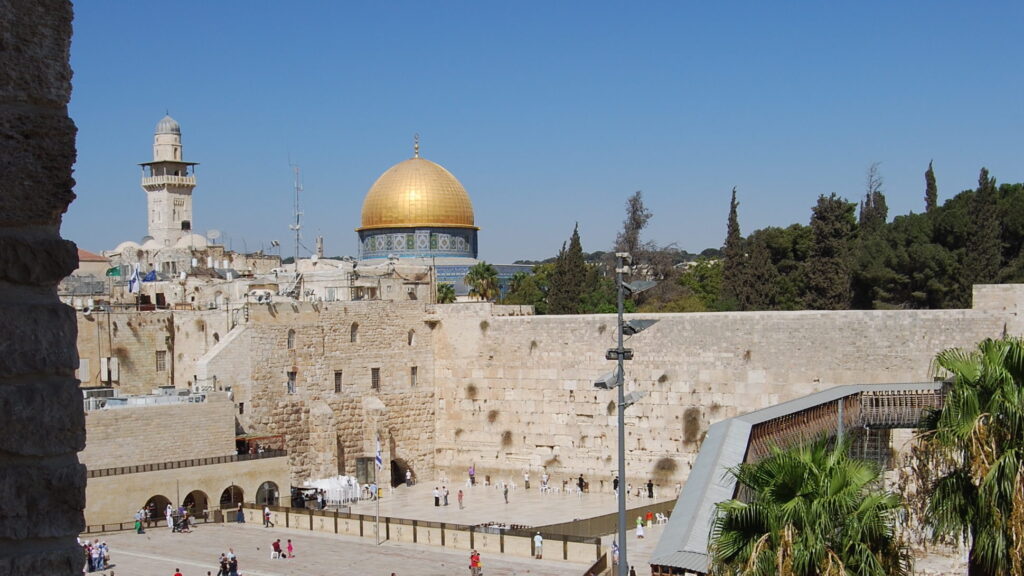
In today’s edition of the Swedish daily Svenska Dagbladet I discuss the protests and violence currently taking place in Israel and the Palestinian territories. In international media, one of the biggest questions surrounding this latest wave of violence has been whether what we now see unfolding is the beginning of a third intifada.
In the article, I argue that our current understanding of what an ‘intifada’ entails is outdated and needs to be re-thought – based on the enormous developments that have taken place since the second intifada (2000-2005) within both politics and technology. While the latest upsurge of violence might not fulfil the criteria that sparked off the earlier intifadas, the recent wave of violence nevertheless points to a very serious development with a new set of characteristics that is unlikely to go away any time soon.
To capture the nature of what is now going on – and the risk of it exploding into something much bigger – I suggest in the article that this new situation may be understood in terms of a ‘paradigm shift’, rather than an ‘intifada’. This term is associated less with the traditional set of characteristics (which I argue to be outdated). At the same time it has equal gravity and signals the potentially very serious repercussions of the events now unfolding. The term also captures the fact that the perspective of the new generation of Palestinian activists is different from the generation that participated in the second intifada.
This paradigm shift relates to and has taken place in five major areas:
- The idea of a sovereign Palestinian state is no longer perceived to be realistic
- The PLO leadership has lost its authority
- The traditional factions, especially Fatah and Hamas, have lost their credibility
- Settlement expansion seems to be a never-ending activity, with an increasing number of price tag attacks by extreme settlers
- With online social media tools available to everybody, the uniting role of the factions and the operative role of their leaderships are no longer needed
Read the whole article (in Swedish):
“Ingen intifada – men väl ett palestinskt paradigmskifte”, Svenska Dagbladet, 27 oktober 2015.
More on this topic (in English):
Nathan Thrall, “The End of the Abbas Era”, London Review of Books Blog, 20 October 2015.
Gregg Carlstrom, “Can anyone prevent a third intifada?”, Foreign Policy, 14 October 2015.

